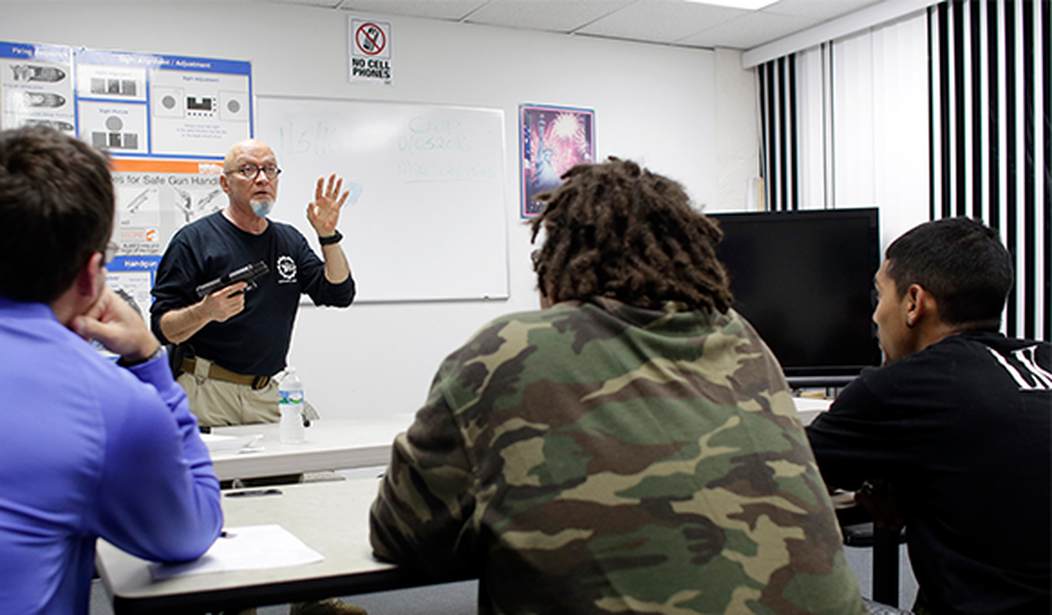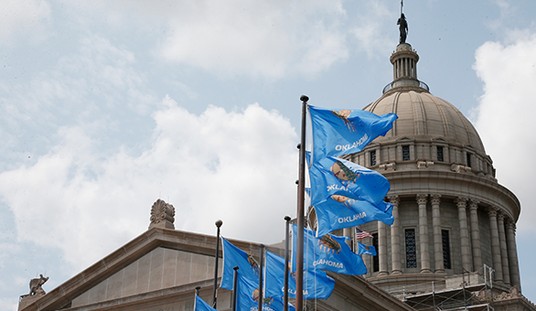A bill in Tennessee that would lower the age to lawfully carry a concealed firearm from 21 to 18 won the support of a legislative subcommittee this week, but not before a legislative liaison with the state’s Department of Safety warned that passage of the bill could jeopardize the state’s existing reciprocity agreements.
At the moment, 38 states currently recognize a Tennessee carry license, but the Department of Safety’s Elizabeth Stroecker told lawmakers that 21 of them could end their reciprocity agreements if the state lowers the age for licensed carriers.
Stroecker said the Department of Safety will not get a definitive answer on whether those 21 states will drop reciprocity until a bill is passed and the department does its annual survey with other states. If a state will not accept a permit from an 18-20-year-old, it generally will not accept reciprocity for anyone in the state, Stroecker said.
The department will be gathering more information on whether other states that have lowered their age for permits to 18 have lost reciprocity, Stroecker said.
“Seems like quite a gamble,” Rep. John Ray Clemmons, D-Nashville, said.
Maybe, though it seems to me like there’s actually a pretty easy solution. If the concern is that lowering the age to obtain a carry license to 18 is going to cause states to not recognize Tennessee carry licenses in general, the state legislature could always take a cue from what lawmakers in Utah did just a few years ago: establish a separate “provisional” carry license specifically for those between the ages of 18-20.
The only real difference between a regular Utah carry license and the provisional license issued to 18- to 20-year olds is that carrying in a primary or secondary school isn’t allowed under the provisional license.
According to the Utah Criminal Bureau of Investigation, 19 states recognize the provisional carry license, with another 17 states recognizing only the carry licenses issued to those over the age of 21.
So yes, it would appear that the concern about losing reciprocity by lowering the age to carry is valid, but could also be addressed by establishing a separate license for young adults.
Of course, gun control activists in Tennessee believe any law allowing adults under the age of 21 to exercise their right to keep and bear arms is the wrong move to make.
Kathy Barnett of Moms Demand Action Tennessee told the subcommittee the pre-frontal cortex of the brain that involves judgment is not fully developed until age 25 and she believes lowering the age will lead to more issues in the state.
“In Tennessee, we are already facing a dramatic increase in gun homicides and suicides,” Barnett said. “The rate of gun deaths in Tennessee increased 48% between 2011 and 2020.”
Making it more difficult for people to legally exercise their Second Amendment rights isn’t going to do anything to help bring those numbers down. These gun-involved homicides are primarily driven by individuals who can’t legally possess a gun no matter what their age might be, because they’ve already lost their right to own one.
But if Barnett really does think that people shouldn’t be able to own a firearm until the age of 25, I would strongly encourage her to find a single legislator in Nashville who’s willing to sponsor a bill that would bar Tennesseans from accessing their Second Amendment rights until they’ve celebrated a quarter-century of living.
Maybe there’s a lawmaker delusional enough to do it, but I hope that right-thinking lawmakers will take a closer look at the idea of a provisional license for young adults, or at least those not in the military. Under Tennessee’s Constitutional Carry law, 18- to 20-year olds serving in the military can already lawfully carry without a license, but establishing a separate provisional license for other young adults not in uniform seems to me to be the easiest way to expand access to our 2A rights without screwing up the reciprocity that currently exists with dozens of other states.









